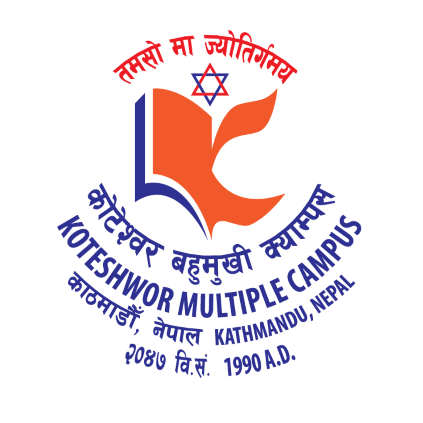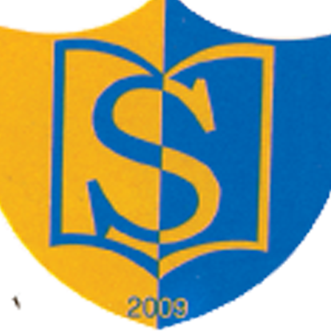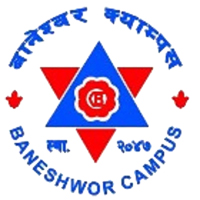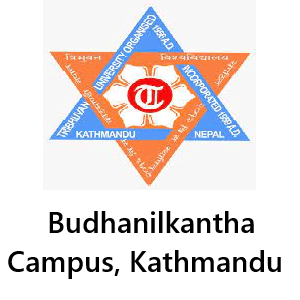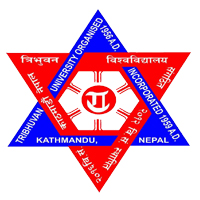Overview
Bachelor of Education (B.Ed.) at Gramsewa College, Dharmasthali, Kathmandu
B.Ed. at Gramsewa College follows the Tribhuvan University framework for four years and prepares students for classroom work in Nepali schools.
You study professional core courses, a major and a minor in school subjects, and complete supervised teaching practice. The plan ties theory to daily classroom routines and local policy.
Highlights
-
Affiliation: Tribhuvan University (Faculty of Education)
-
Duration: 4 years; annual evaluation under TU rules
-
Location: Dharmasthali, Tarakeshwor-6, Kathmandu
-
Structure: communication skills, professional core, major, minor, and practicum
-
Practicum: supervised teaching practice in approved partner schools
Curriculum Details
Students complete Communication Skills, Educational Psychology, Learning Theories, Classroom Management, Assessment Practices, and School Curriculum Studies. The major and minor subjects reflect campus offerings such as Nepali, English, Social Studies, or Mathematics. The practicum round places students in approved schools for observation, micro-teaching, and supervised lessons.
Objectives
The course prepares future teachers who plan clear lessons, handle mixed-ability classes, and keep fair assessment records. Students learn to select activities that match learning goals and use low-cost teaching aids suitable for local classrooms.
Scope
Graduates apply for teaching posts in community and private schools subject to current hiring rules. Some take resource support roles in after-school programs, remedial classes, and library or learning labs. Others continue with M.Ed. for further specialization.
Learning Outcomes
Students learn to write unit plans and daily lesson plans, adjust tasks for varied learners, use simple tools for checking progress, and reflect on class notes after each session. The practicum helps connect methods to real students and real time constraints.
Skill Development Modules
-
Lesson planning: unit breakdown, daily steps, and timing
-
Assessment: short tests, oral questions, checklists, and observation notes
-
Inclusive strategies: seating plans, peer support, language scaffolds, and visual aids
-
Classroom language: clear instructions and simple feedback that students understand
Teaching Methodology
Teaching follows TU plans. You complete micro-teaching on campus, observe classes in partner schools, and deliver supervised lessons during the practicum. Faculty review plans, observe sessions, and discuss improvements in post-lesson reflections.
Admission Requirements
-
Eligibility: Ten Plus Two or equivalent from a recognized board; minimum marks and subject prerequisites as notified for the intake year
-
Documents: transcripts, character certificate, copy of citizenship, recent photographs
-
Selection: campus-level interaction or briefing; enrollment within the announced deadline
Career Opportunities
-
Subject teaching: lower-secondary or secondary levels subject to current criteria
-
Learning support: remedial help, homework clubs, and resource room assistance
-
Further study: M.Ed. or short courses in testing, classroom language, or ICT in education
Scholarships and Financial Aid
-
Merit or need-based options: may be available based on policy and annual funds
-
Application: students should check the latest notice for criteria and required documents
Why Choose This Course?
The B.Ed. structure offers steady practice in planning, delivery, and fair assessment while staying within TU rules. You build habits teachers rely on every day in Nepali classrooms.
Conclusion
B.Ed. at Gramsewa College provides a clear route into school teaching. You learn subject methods, gain supervised practice, and graduate with records that show how you plan and teach.
FAQ
Q1. Does B.Ed. include school teaching practice?
Yes. A supervised practicum is mandatory and is completed in approved partner schools.
Q2. Which subjects can students choose for major and minor?
Options depend on campus offerings and TU approvals; common areas include Nepali, English, Social Studies, and Mathematics.
Q3. How can students prepare for the practicum?
Students prepare lesson plans, collect low-cost teaching aids, and review checklists with faculty before entering classrooms.



